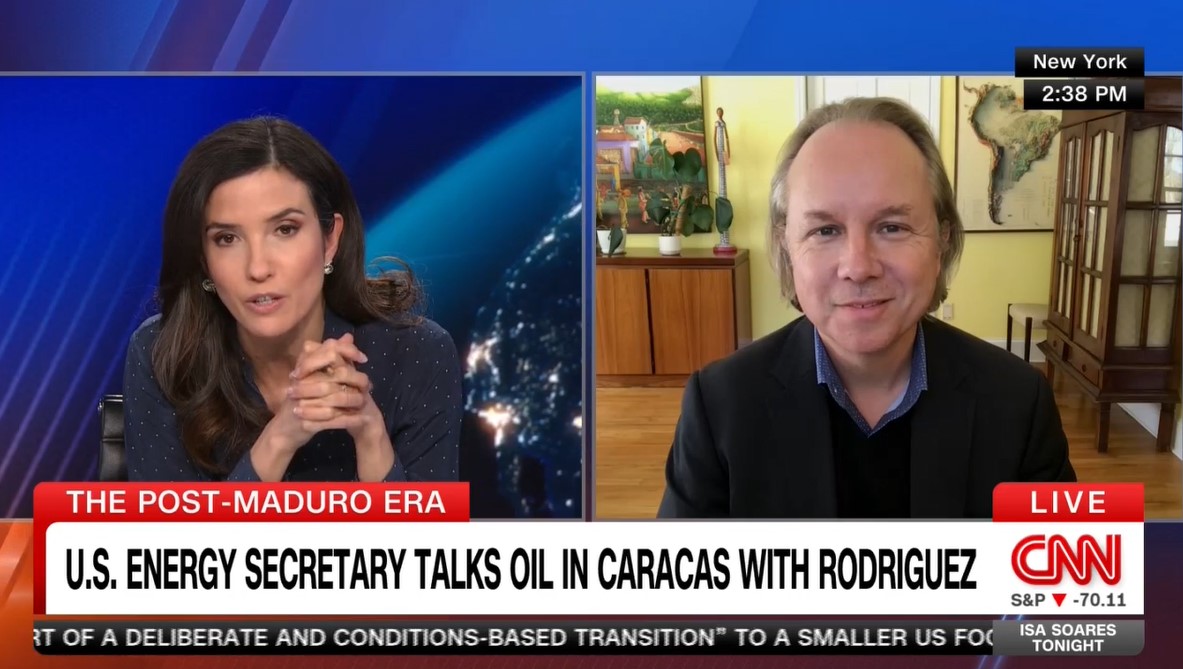Latin American Economies Down But Not Out
Latin American Economies Down But Not Out
New data shows the global economic downturn has hurt trade in Latin America, with exports expected to decrease through 2009. Still, despite signs of the crisis, some bright spots shine.
A steep decline in regional trade volume could spell trouble for Latin American economies hard hit by the global recession. A recent UN report found the region experienced a larger drop in that sector when compared to other parts of the world and that Latin American exports are expected to reach a 72-year low in 2009. The UN study contains proposals for greater regional cooperation and highlights the importance of international trade ties to combat the downturn.
The UN Economic Commission for Latin America and the Caribbean (ECLAC) report, along with a review released by the Inter-American Development Bank (IDB), indicates that the recession is far from over. ECLAC predicts that trade within the region will decrease by 13 percent, confirming “that the sector most affected by the global economic crisis in the region is trade, which is suffering an unprecedented contraction.” Other factors hindering economic recovery regionwide include a dramatic increase in poverty and rising unemployment potentially reaching 9.5 percent in 2009. The IDB estimates that already declining remittances to Latin America will drop another 11 percent in 2009, while the ECLAC report also notes a slump in foreign direct investment and commodity prices.
Yet several Latin American countries show signs of recovery. An August 19 report released by Brazil’s Getulio Vargas Foundation and the University of Munich found that Brazil, Chile, Colombia, Mexico, and Peru have entered the recovery stage. Argentina’s government plans to begin taking on debt, which has led to a strengthening of its bonds on international markets.
With commodity prices on the rise again, prospects for increased international trade seem bright. During a trip last week to Chile, Australian Foreign Minister Stephen Smith said that his country will look to increase economic ties in the Southern Cone, mentioning the recent Australia-Chile Free Trade Agreement. Canada has pursued similar pacts throughout Latin America. “From the standpoint of international trade, it looks like the worst of the crisis has indeed already passed,” said ECLAC International Trade and Integration Division Director Osvaldo Rosales told IPS News in an August interview.
Chinese-Latin American cooperation also offers another chance to give the region a boost. The ECLAC report also highlights the importance of the Chinese market for Latin American exports. As demand from other trade partners diminished, “China’s domestic market has come to the rescue of Latin American exports,” says the report. The South-South partnership could provide the United States with a role in a three-way partnership, says Far Eastern Economic Review Editor Hugh Restall in The Wall Street Journal. " The truth is that the developing trade between China and Latin American countries represents an opportunity—if the U.S. plays its cards right," writes Restall in the op-ed.
AS/COA recently hosted events in Paraguay and Argentina to address the economic crisis as part of its Latin American Cities series.
AS/COA recently hosted events in Paraguay and Argentina to address the economic crisis as part of its Latin American Cities series.
Learn more:
- AS/COA Economics and Finance page.
- AS/COA Asia & Latin America page.
- ECLAC press release summarizing the report.
- ECLAC report: Latin America and the Caribbean in the World Economy 2009 - 2009: Crisis and opportunities for regional cooperation.
- Inter Press Service Q & A with the director of ECLAC's International Trade and Integration Division
- IDB review: Implementing Aid for Trade in Latin America and the Caribbean.
- AS/COA analysis of remittances decline.







